It’s a scene every cat lover knows too well: you step out the door, leaving behind a soft, furry friend, and wonder just what goes on in their mind while you’re gone. Many people might think cats are independent creatures, aloof and unbothered by our absence. But nothing could be further from the truth. The signs are subtle, sometimes almost invisible, but if you know where to look, you’ll see that your cat misses you more than you ever imagined. From the way they greet you at the door, to the small, almost secret habits they develop to comfort themselves in your absence—cats have their own language of longing. If you’ve ever wondered whether your cat truly pines for you when you’re away, get ready to recognize their love in twelve surprising and heartwarming ways.
Waiting by the Door or Window
One of the most touching sights for any cat owner is finding their feline companion perched by the door or window, eyes scanning the horizon or ears perked at the slightest sound. This isn’t just random behavior—your cat is waiting for you. The anticipation in their posture, the way their tail flicks with every passing car or footstep, is a silent testament to how much they long for your return. Even if your departure routine doesn’t change, your cat knows the cues and often stations themselves in the perfect spot minutes before you arrive home. Think of it as their version of rolling out the red carpet, a ritual that says, “I’ve been waiting just for you.”
Excessive Meowing or Vocalization
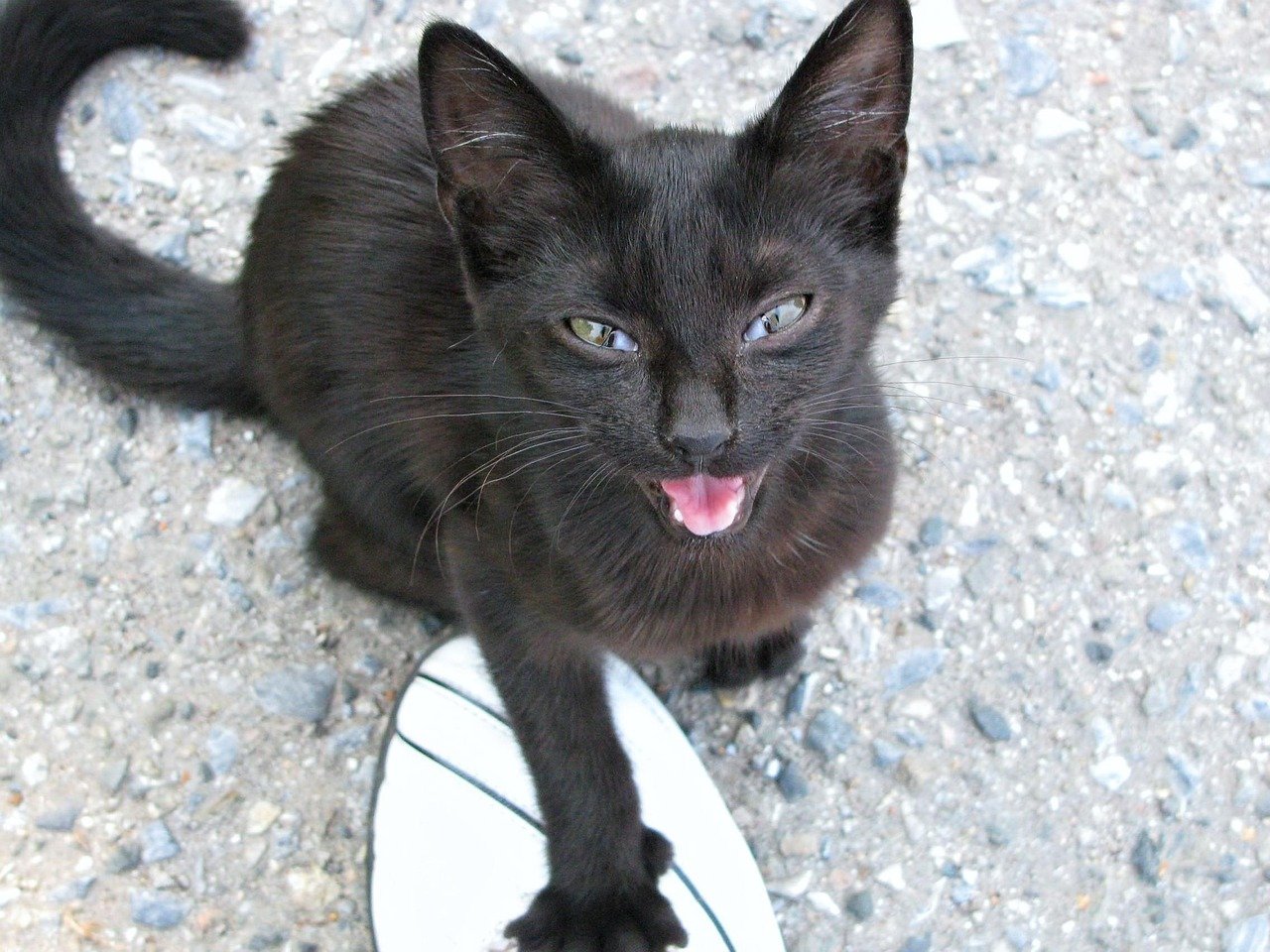
Some cats become little chatterboxes when you’re away or just after you come back. This sudden burst of meows, chirps, or even howls can be their way of expressing loneliness, or maybe even telling you about the day you missed. Each sound serves as a beacon, hoping to bridge the gap created by your absence. If your cat is usually quiet but turns into a talker when you’re gone, it’s a clear sign that they’re missing your presence. In their own way, they’re asking, “Where were you? I needed you!” It’s almost like a child running to their parent with a flood of stories after school.
Following You Around the House
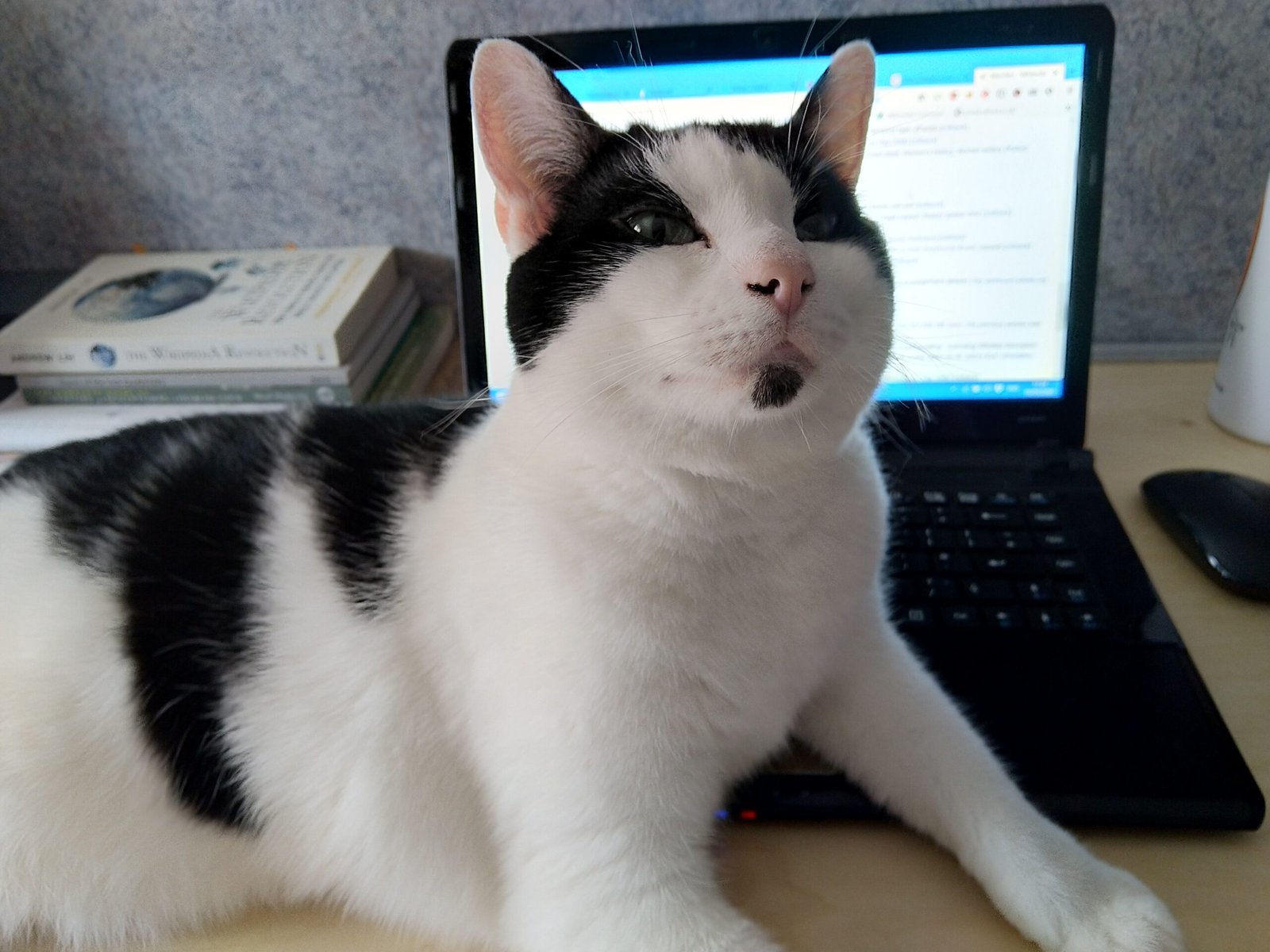
After a period apart, does your cat suddenly become your furry little shadow? This is a classic sign they missed you. Whether you’re heading to the kitchen, the bathroom, or just pacing the living room, your cat trails close behind. It’s as if they want to soak up every second with you, making sure you don’t disappear again. This behavior showcases their need for reassurance and closeness, almost like they’re making up for lost time. I remember once tripping over my cat three times within an hour after a weekend away; he just wouldn’t let me out of his sight!
Bringing You “Gifts”
While it might not always be pleasant to find a toy—or worse, a bug or small critter—on your doorstep, it’s actually a sign of affection and longing. Cats are natural hunters, and when they miss you, they may try to share their spoils, as if to say, “Here’s something for you, since you were gone.” Even if the “gift” is just a favorite toy dropped on your shoes, it’s a gesture full of meaning. It’s their way of reconnecting and sharing something special with the person they’ve missed.
Changes in Eating Habits
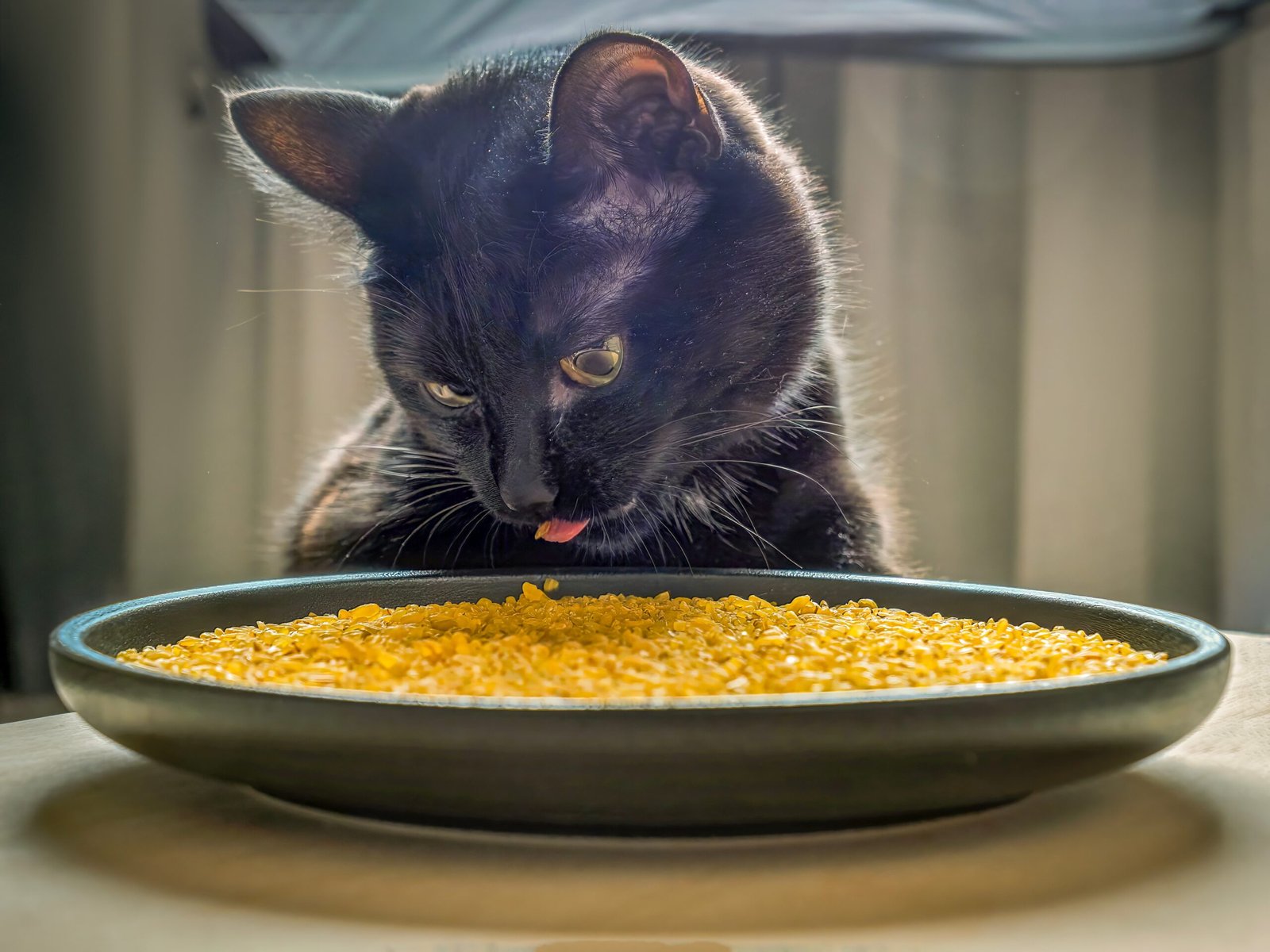
Cats can be creatures of habit, so when their eating patterns change, it’s often a sign something is up. Some cats may eat less or even skip meals when you’re not home, almost like a feline hunger strike. Others might overeat as a form of comfort, filling the void left by your absence. These changes are their way of coping with the emotional stress of missing you. If you notice your cat’s appetite shifting when you’re away, it’s not just about food—it’s about feelings.
Sleeping on Your Belongings
Ever come home and find your cat curled up on your sweater, shoes, or even the laundry basket? This isn’t just about finding a comfy spot. Your scent is deeply comforting to your cat, and when you’re away, they seek out your belongings to feel closer to you. By sleeping on your clothes or bed, they surround themselves with your familiar smell, almost as if you’re there with them. It’s a silent, sweet testament to the bond you share, and a sure sign your absence is felt.
Increased Cuddling and Affection
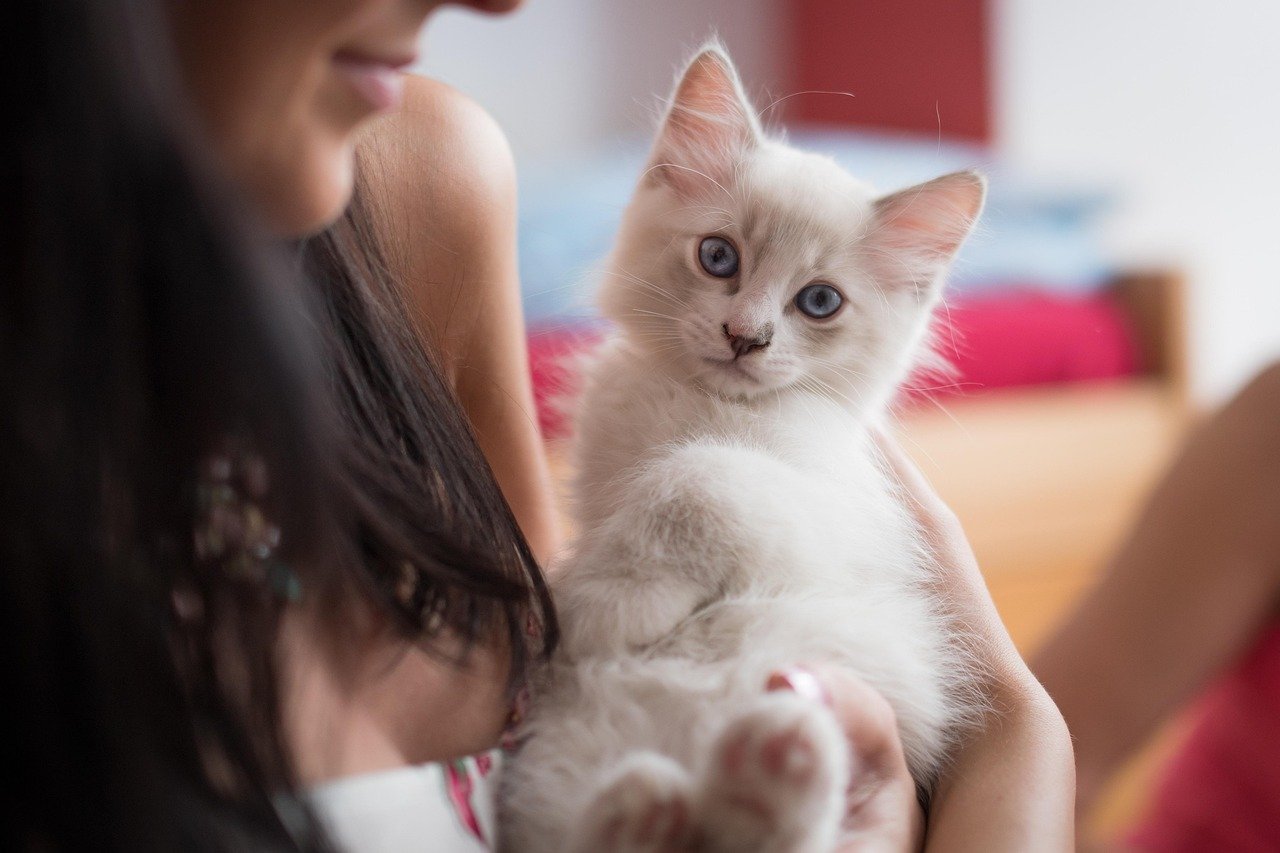
The moment you walk in the door, your cat might suddenly become the world’s biggest cuddle bug. Headbutts, purrs, rubbing against your legs, and flopping onto your lap—these are all their ways of making up for lost time. This surge of affection isn’t just coincidence; it’s your cat’s way of saying, “I missed you, let’s never be apart again.” Even cats who are usually more reserved can become surprisingly needy after you’ve been gone, craving the comfort and connection they missed.
Displaying Anxious or Destructive Behaviors
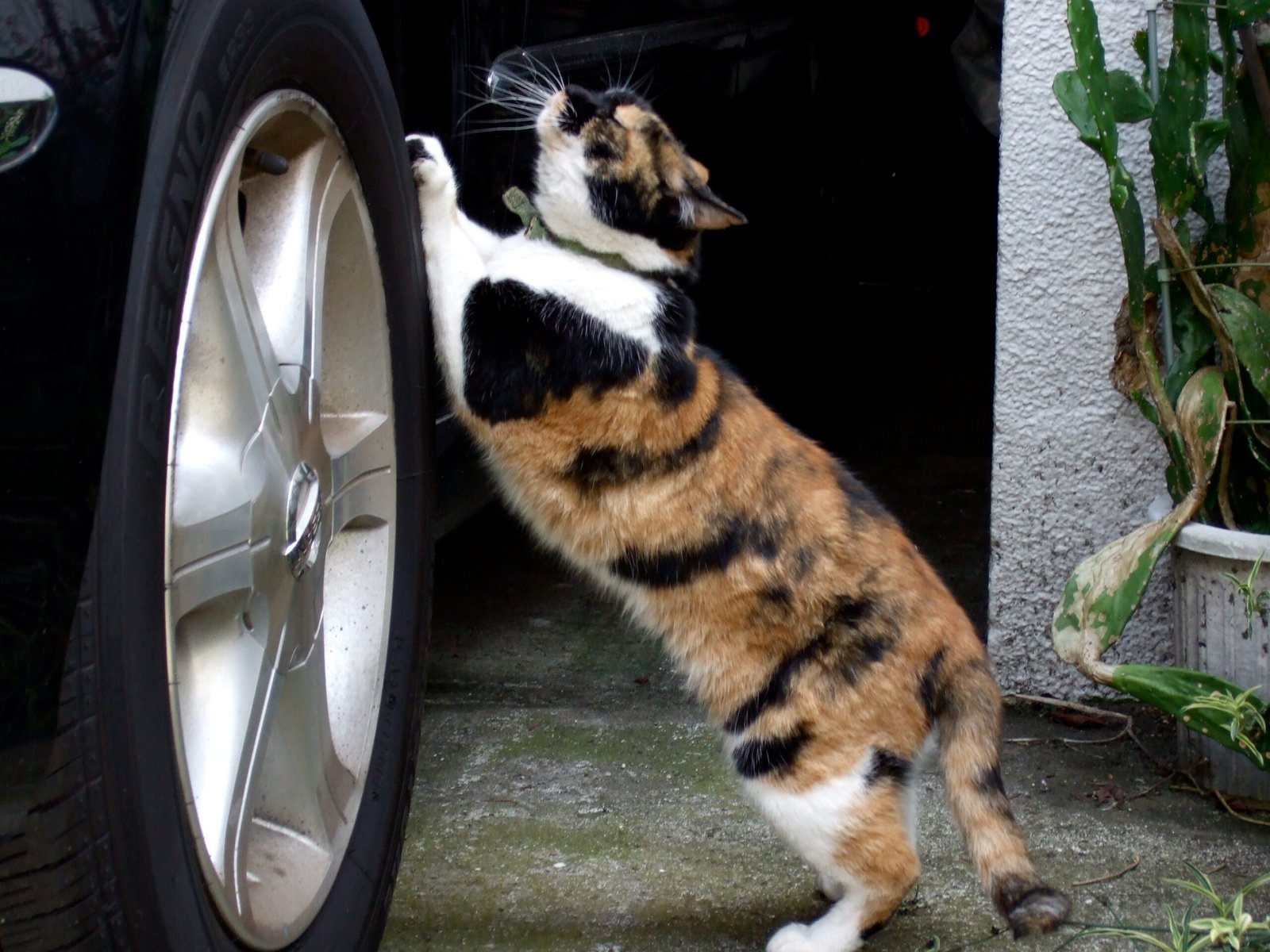
If your usually well-behaved cat starts scratching furniture, knocking things over, or acting out while you’re away, it could be separation anxiety. These behaviors are not just about boredom—they’re a way for your cat to deal with the stress of missing you. Just like people might fidget or pace when they’re nervous, cats sometimes channel their emotions into destructive actions. It’s not spite; it’s a cry for attention and a sign that your absence is hard on them.
Restlessness and Pacing
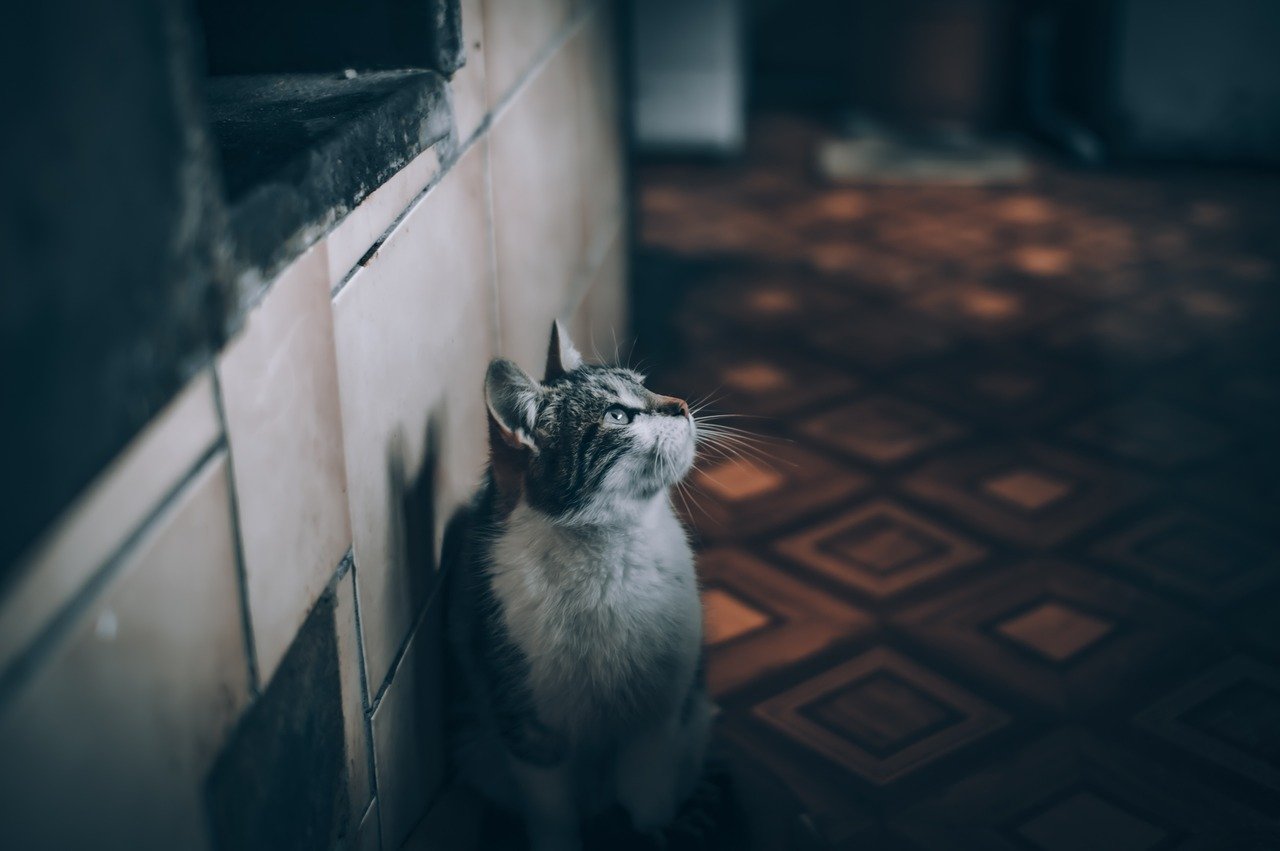
Some cats display their longing by pacing restlessly from room to room, almost as if searching for you in every corner. This behavior often ramps up when you’re gone longer than usual. They might check your usual hangouts—the couch, your bed, even the bathroom—hoping to spot you. This constant movement isn’t just about restlessness; it’s a physical manifestation of their longing, like a child waiting by the window for a parent to come home.
Grooming Excessively or Neglecting Grooming
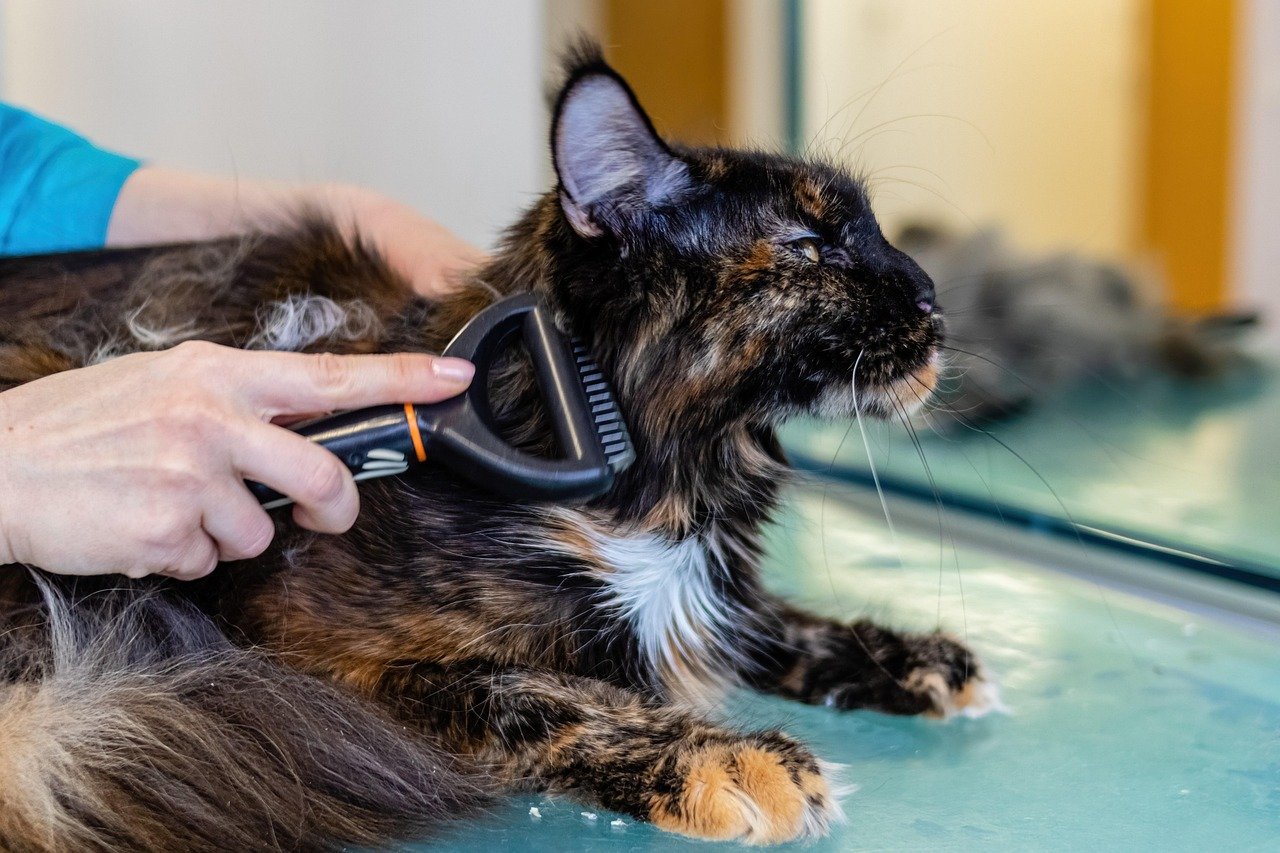
Cats are fastidious groomers, but when they miss you, their habits can change dramatically. Some might lick themselves excessively, almost obsessively, as a way to soothe their nerves. Others go the opposite direction and stop grooming altogether, which is a sign of emotional distress. These shifts in grooming routines show that your absence is more than a minor inconvenience—it’s something that shakes up their entire sense of well-being.
Making Unusual Sounds at Night
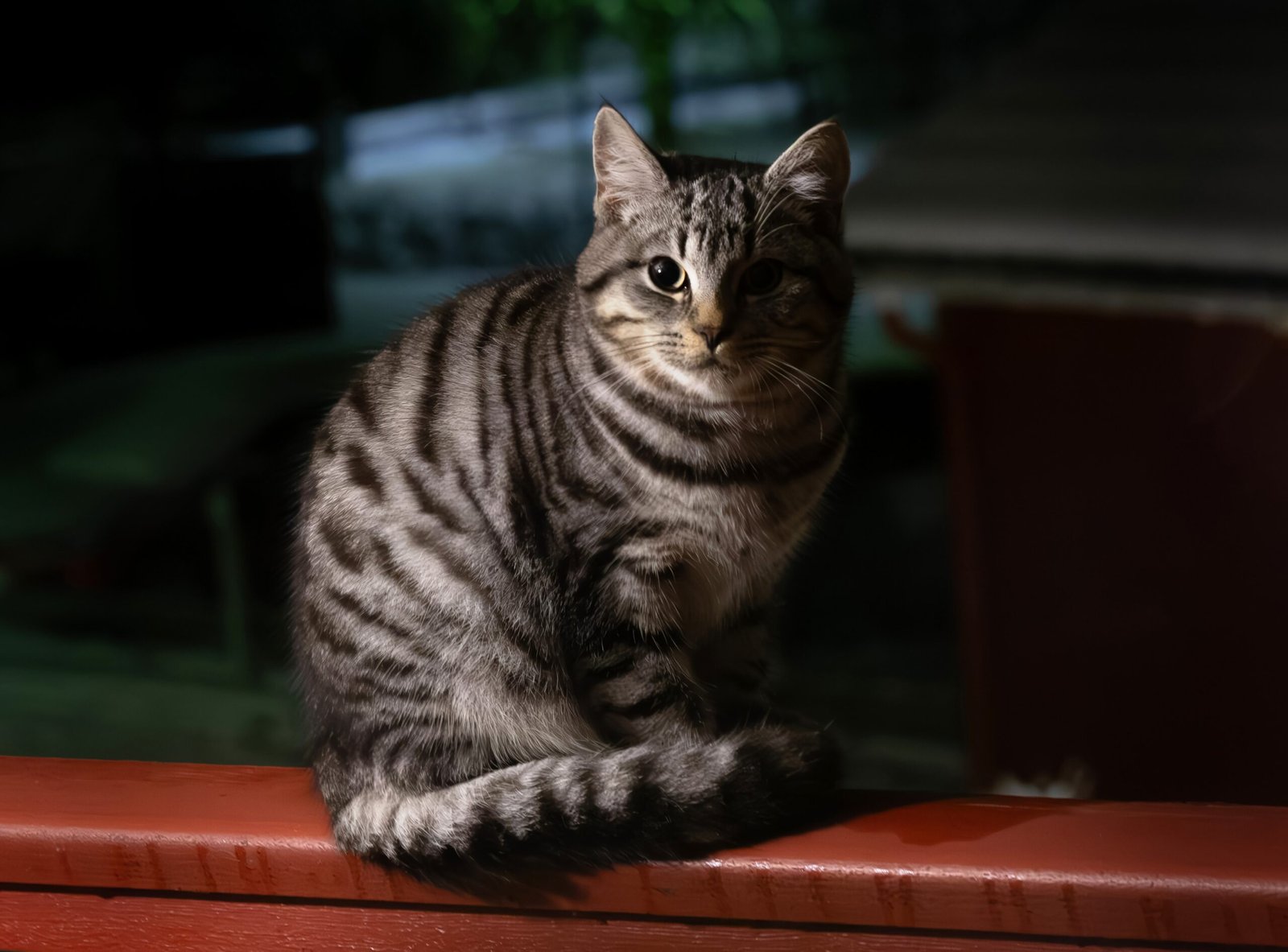
The silence of night can amplify your cat’s feelings of loneliness. Some cats start making odd, mournful sounds in the dark, almost like they’re calling out for you. These yowls or cries aren’t just random noise—they’re vocal expressions of longing. If your cat seems to get especially vocal when you’re not around or late at night, it’s likely their way of hoping you’ll answer back, even if it’s just with your voice or a gentle touch.
Greeting You Excitedly When You Return
Perhaps the most unmistakable sign that your cat missed you is the enthusiastic greeting you receive when you walk in the door. Some cats will run up, tails high, meowing as if to scold you for being away so long. Others might flop on their sides, exposing their bellies, or start purring loudly the moment you step inside. This outpouring of excitement, whether subtle or over-the-top, is a clear message: “Life is better when you’re here.” It’s a heartwarming reminder that, no matter how independent they seem, your presence truly matters to them.
Cats may play it cool, but when you’re gone, they definitely notice—and miss you more than they let on. From extra snuggles when you return to bringing you their “gifts,” those quiet signals are their way of saying, “I missed you, human.” It’s proof that even the most independent felines form deep, loving bonds. So next time you leave, just know your cat’s counting the minutes ’til you’re back.